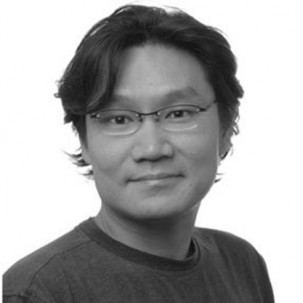Tae Hong Park on Noise Pollution
Brown Bag Discussion Series
Thanks to NYU Steinhardt Professor Tae Hong Park for leading a recent brown bag discussion on noise pollution and quality of life.
As Park explained, New York City has been measured to be the noisiest city on earth. Yet it has historically encountered difficulties when trying to enforce noise codes, either due to the fleeting/immeasurable nature of sound or the vague language of the codes (e.g. “excessive volume”).
In response, Park started the Citygram project in 2011. Citygram seeks to provide a “real-time visualization/mapping system focused on non-ocular energies throughout New York City.” By installing sensors on the 11,412 payphones across Manhattan, Citygram will enable New Yorkers to see which areas of the city are noisiest or quietest at any given time.
To read more about the project, visit the Citygram website here.
Speakers

Tae Hong Park is a composer, music technologist, and bassist. His work focuses on composition of electro-acoustic and acoustic music, machine learning and computer-aided music analysis, research in multi-dimensional aspects of timbre, and audio digital signal processing. Dr. Park has presented his music at national and international conferences and festivals including Bourges, ICMC, MATA, SCIMF, and SEAMUS. Among the ensembles and performers that have played his work are the Brentano String Quartet, California E.A.R. Unit, Edward Carroll, Ensemble Surplus, Zoe Martlew, Nash Ensemble of London, and the Tarab Cello Ensemble. Professor Park is author of Introduction to Digital Signal Processing: Computer Musically Speaking (World Scientific, 2010). He is the Chief Editor of Journal SEAMUS, serves as Editiorial Consultant for Computer Music Journal, and is President of the International Computer Music Association (ICMA). He received his Ph.D. from Princeton University.
Please fill out the information below to receive our e-newsletter(s).
*Indicates required.
